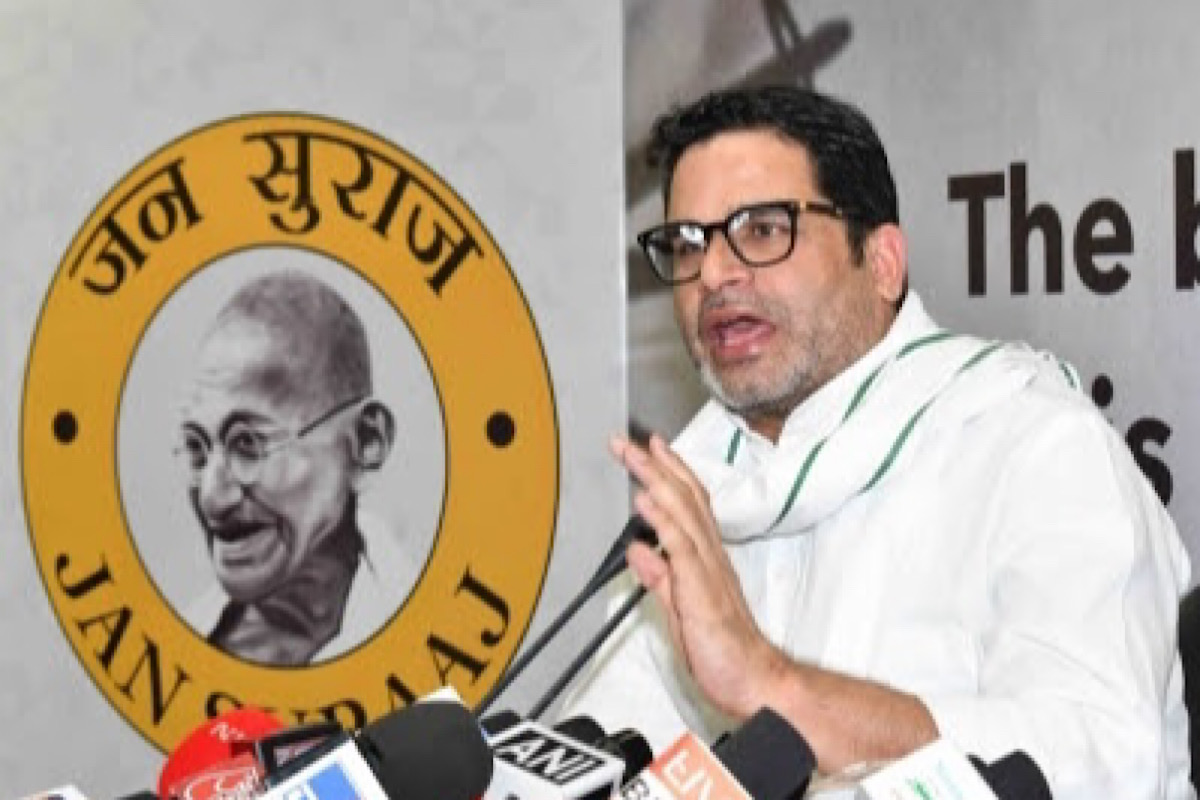The Jan Suraaj Party rejected the Janata Dal United (JDU) allegations of financial irregularities in the party as baseless and politically motivated.
Talking to the media here on Tuesday, senior party leader RN Singh said that the party has been maintaining complete transparency and every income and expenditure is in the public domain.
Advertisement
“Every donation the party receives is made through a cheque, similarly paid all expenses by cheques. If the JDU leaders are so convinced about Jan Suraaj being engaged in financial irregularities they are free to ask any central or state agency to investigate it, after all they are in the government both at the state and the centre.”
“But on one condition, the JDU’s financial transactions should also be investigated thoroughly. They should also reveal the sources of donation the party has received in the form of anonymous electoral bonds amounting to Rs20 crores,” he added.
JDU Bihar chief spokesperson Neeraj Kumar recently alleged that the Jan Suraj Party is being funded by the Joy of Giving Global Foundation, which is registered under the Companies Act. The party is running political activities in the name of a charitable foundation.
Earlier, the Jan Suraaj Party announced a three-tier strategy to select party’s candidates for the upcoming assembly elections in Bihar.
R N Singh, Convenor of the Central Election Committee, said that any member of the party can register his candidature on the party’s website by paying Rs 21,000 to it as donation. The registration is open till 11 March. So far, over 8000 applicants have registered. Final list of all 243 candidates will be released by the June-end.
Sharing the selection process and evaluation parameters of the applicants, he said that the applicants will be evaluated on the prescribed parameters at three levels, first at the assembly segment, followed by the district level, and finally by the 11-member Central Election Committee. The State Core Committee will have the right to amend the recommendation of the Central Election Committee.











